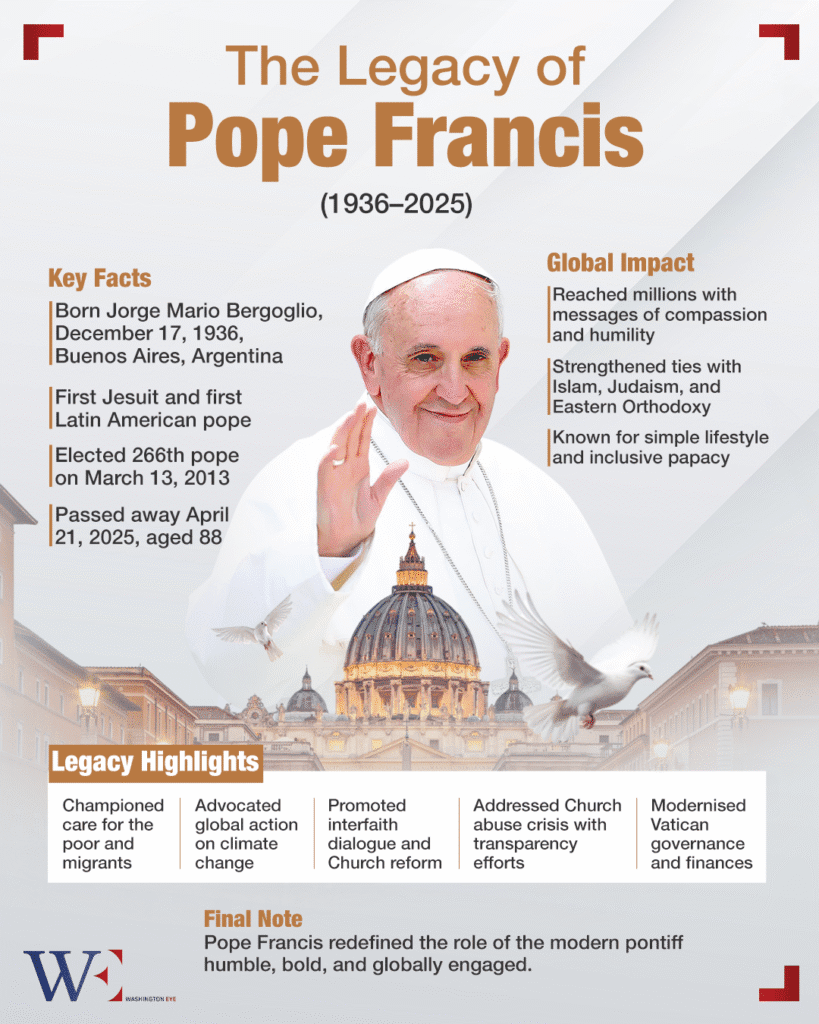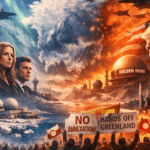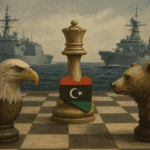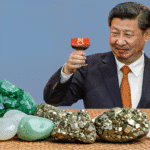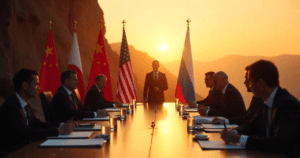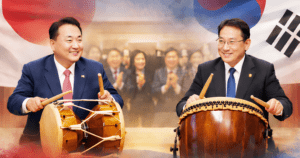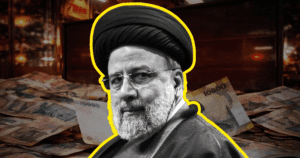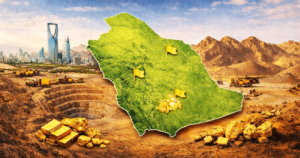Pope Francis, the 266th Pope of the Roman Catholic Church and the first Jesuit and Latin American Pontiff, passed away on Monday, April 21, 2025, at the age of 88. The Vatican announced his death in an official statement early this morning, stating that he died peacefully at the Vatican’s Mater Ecclesiae Monastery, where he had been living due to ongoing health issues.
The cause of death has been attributed to complications arising from his chronic respiratory illness and age-related health deterioration. Pope Francis, born Jorge Mario Bergoglio in Buenos Aires, Argentina, in 1936, had been battling a range of health concerns over recent years, including knee problems and colon surgery in 2021, which had limited his mobility and public appearances.
“With profound sorrow, we announce the passing of His Holiness Pope Francis, a shepherd of compassion, humility, and unyielding commitment to the poor and the marginalized. His legacy will continue to inspire millions across the globe.” Elected in March 2013 following the historic resignation of Pope Benedict XVI, Pope Francis brought a new tone to the papacy. Known for his humility and informal style, he eschewed many traditional papal luxuries, choosing to live in a guesthouse rather than the Apostolic Palace and often traveling in a modest Fiat rather than a luxury vehicle.
His papacy was marked by efforts to modernize the Church’s image and make it more inclusive. He took unprecedented steps toward addressing sexual abuse scandals, although critics argue more structural reform was needed. He also spoke out strongly on climate change, social justice, economic inequality, and migration issues.
Perhaps his most enduring legacy will be his attempts to open the Church’s doors to previously marginalized groups, famously saying, “Who am I to judge?” in reference to gay Catholics. He also sought interfaith dialogue, visiting Muslim-majority countries and fostering relations with Judaism, Islam, and other faiths.
World leaders, religious figures, and millions of Catholics across the world have expressed deep sadness at his passing. U.S. President Kamala Harris issued a statement saying, “Pope Francis was a beacon of hope and humanity. He brought moral clarity to complex issues and reminded us all of the power of compassion.”
German Chancellor Annalena Baerbock, Brazilian President Luiz Inácio Lula da Silva, and UN Secretary-General António Guterres all offered tributes, highlighting his diplomatic efforts and moral leadership. The bells of St. Peter’s Basilica tolled mournfully today as thousands gathered in Vatican City, laying flowers, lighting candles, and offering prayers. Cardinal Jean-Louis Tagle of the Philippines, seen as one of Francis’s closest allies, said in a press conference, *l“He showed us what it means to be Christ-like in the modern world—humble, courageous, and full of love.”
With the Pope’s death, the papal seat—known as the “Holy See”—is now officially vacant, a state referred to as sede vacante (Latin for “the seat being vacant”). The Vatican has lowered all its flags to half-mast and will observe a traditional nine-day mourning period known as the Novemdiales, during which daily masses will be held in his honor.
The Dean of the College of Cardinals, currently Cardinal Giovanni Battista Re, will soon call for a conclave—a secretive gathering of cardinals under the age of 80—who will convene in the Sistine Chapel to elect a new Pope. This process, shrouded in centuries-old ritual and secrecy, could take days or even weeks depending on consensus.
Until a new Pope is elected, the Camerlengo, currently Cardinal Kevin Farrell, will administer the Vatican’s day-to-day affairs. Observers are already speculating on who might succeed Pope Francis. Potential candidates include Cardinal Tagle of the Philippines, Cardinal Péter Erdő of Hungary, and Cardinal Matteo Zuppi of Italy. The next Pope will inherit not only a deeply spiritual office but also a Church wrestling with issues of relevance, reform, and unity in an increasingly secular and polarized world.
Pope Francis leaves behind a complex yet compelling legacy. He was a man of paradoxes—traditional in doctrine yet progressive in tone, humble in demeanor yet commanding global attention. Under his leadership, the Catholic Church became more visibly engaged in global discourse on climate, migration, and poverty, even as it grappled with internal crises.
Though some conservatives within the Church viewed his reforms as too progressive, others saw them as essential steps toward making the Church more relevant in the 21st century. His writings, including Laudato Si’ l on the environment and Fratelli Tutti on human fraternity, are expected to shape Catholic thought and moral philosophy for decades to come. As millions mourn his passing, Pope Francis’s memory is sure to live on—in his words, his deeds, and the profound human touch he brought to the papacy. The world now turns its eyes toward the Vatican once more, as the Church prepares to elect a new spiritual leader to carry forward the torch of faith, compassion, and reform that Pope Francis so bravely reignited.
